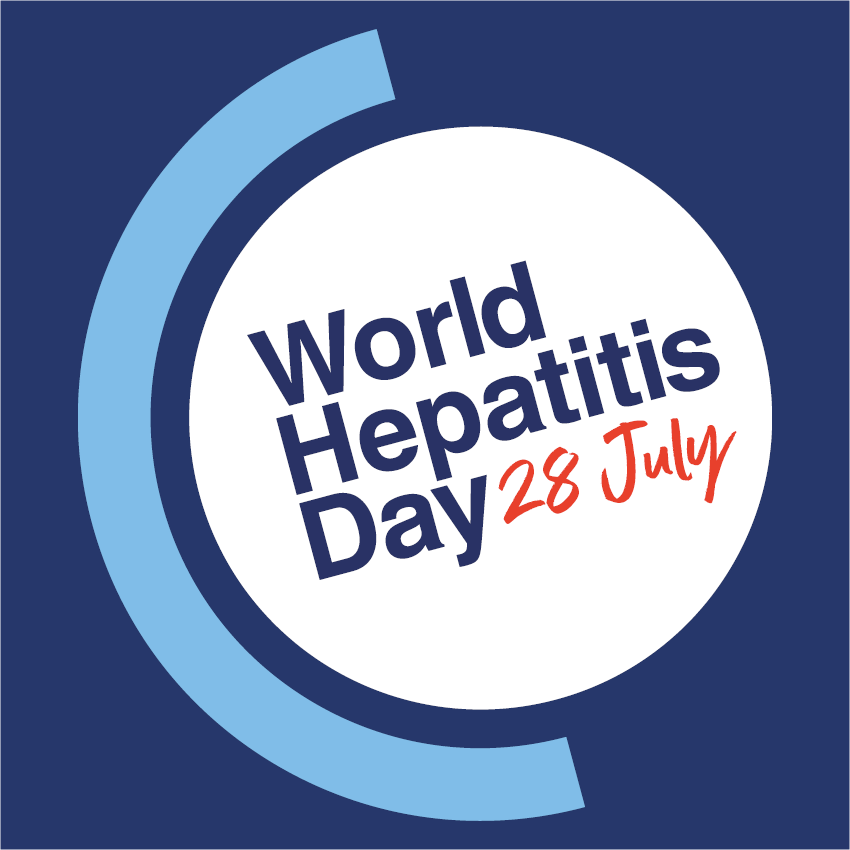Tips for a healthy heart

Today, September 29, we celebrate World Heart Day and take the opportunity to remind us how important it is to take care of our heart health.
Cardiovascular disease remains the leading cause of mortality worldwide. World Heart Day is a call to raise awareness about heart health, risk factors and accelerate action by both people and health institutions around the world to prevent, detect and manage cardiovascular disease.
Dr. Pavel Nikolov, a cardiologist with more than 10 years of clinical experience, specialized in Germany, with an additional qualification in invasive cardiology, shares tips on how to maintain heart health and why prevention and care are key to prevent cardiovascular diseases:
1. Balanced nutrition:Choose a varied and balanced diet that includes plenty of fruits, vegetables, whole grains, and healthy fats, such as those from fish, avocados, and nuts. These foods provide essential nutrients, fiber, and antioxidants that support heart health. It's important to limit your intake of saturated fats, trans fats, added sugars and salt, which can increase your risk of developing high blood pressure, high cholesterol and obesity — leading factors for cardiovascular disease. Regular control of eating habits, combined with physical activity, can significantly improve your heart health and reduce the risk of serious health problems such as heart attack and stroke.
2. Regular physical activity: Aim for at least 150 minutes of moderate aerobic activity per week, such as walking, swimming, biking, or other activities that raise your heart rate. Regular exercise not only helps maintain a healthy weight, but also contributes to reducing stress, improving mood and strengthening the cardiovascular system. Physical activity also improves blood circulation, controls blood sugar and cholesterol levels, and reduces the risk of high blood pressure and other heart problems.
3. Weight control:Maintaining a healthy weight is essential for good heart health. Extra pounds increase the load on the heart, while increasing the risk of developing serious diseases such as diabetes and high blood pressure. One of the easiest ways to estimate your ideal weight is by using a body mass index (BMI) calculator, with target values between 18.5 and 24.9. Keeping BMI within these limits contributes to better overall health.
4. Quitting smoking:Smoking is one of the main risk factors for cardiovascular disease. Nicotine, which is contained in cigarettes, causes damage to blood vessels, increases the load on the heart and increases the risk of thrombus formation. These factors can lead to serious heart problems, such as heart attacks and strokes. Quitting smoking is of paramount importance for the health of the heart and blood vessels. Even after years of smoking, stopping smoking can significantly improve blood circulation and reduce health risks.
5. Stress Management:Chronic stress can have a serious negative impact on the heart by increasing blood pressure and heart rate, which increases the risk of cardiovascular disease. To reduce stress levels and protect your heart health, practice relaxation techniques such as meditation, yoga, deep breathing. These methods help relax the mind and body, improve mood and reduce tension. Regularly incorporating such practices into everyday life can be a key factor in maintaining good mental and physical health.
6. Regular medical examinations:Have regular check-ups with a doctor to monitor important indicators such as blood pressure, cholesterol levels, and blood sugar. These examinations help to detect potential problems early, which significantly reduces the risk of serious complications. Timely diagnosis and preventive measures allow for more effective health management and prevention of more complex and dangerous conditions in the future.
7. Sleep and recovery:Get enough quality sleep (7-9 hours per night). Lack of quality sleep leads to increased levels of stress hormones such as adrenaline and cortisol, which increase blood pressure and heart rate, which puts the heart under additional stress. Insufficient sleep is also associated with increased levels of inflammatory markers, induces disturbances in glucose metabolism, respectively increases the risk of type 2 diabetes. Poor sleep is associated with an increased risk of cardiovascular disease.
8. Social Connectivity:Maintain healthy relationships and social contacts, as they play an important role in your overall well-being. Emotional support from family and friends can help you deal with stress more easily while improving your mental and emotional health. Strong social connections create a sense of belonging and security, which is key to maintaining a good mood and balance in everyday life.
By following these tips, you can improve your heart health and enjoy a better quality of life. Remember that small changes in everyday life can lead to significant benefits for the heart!


.webp)

